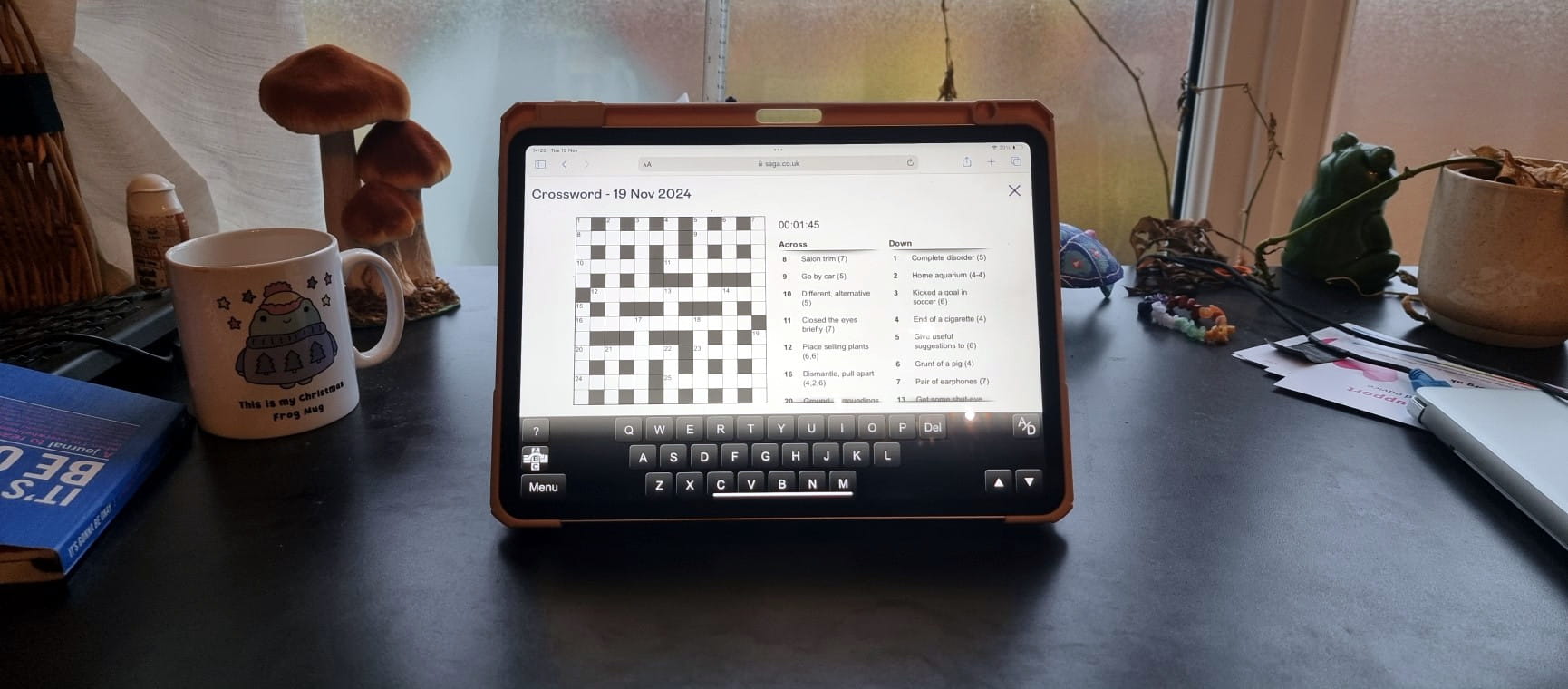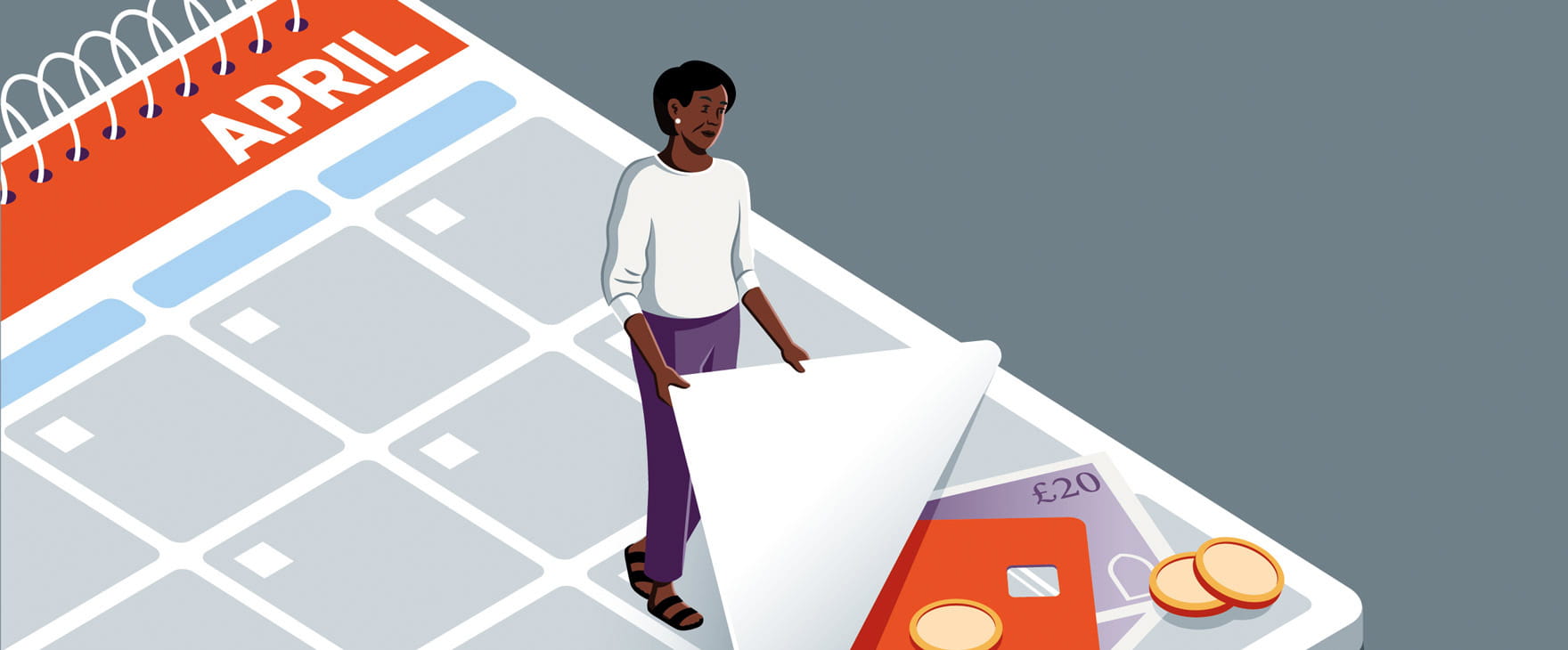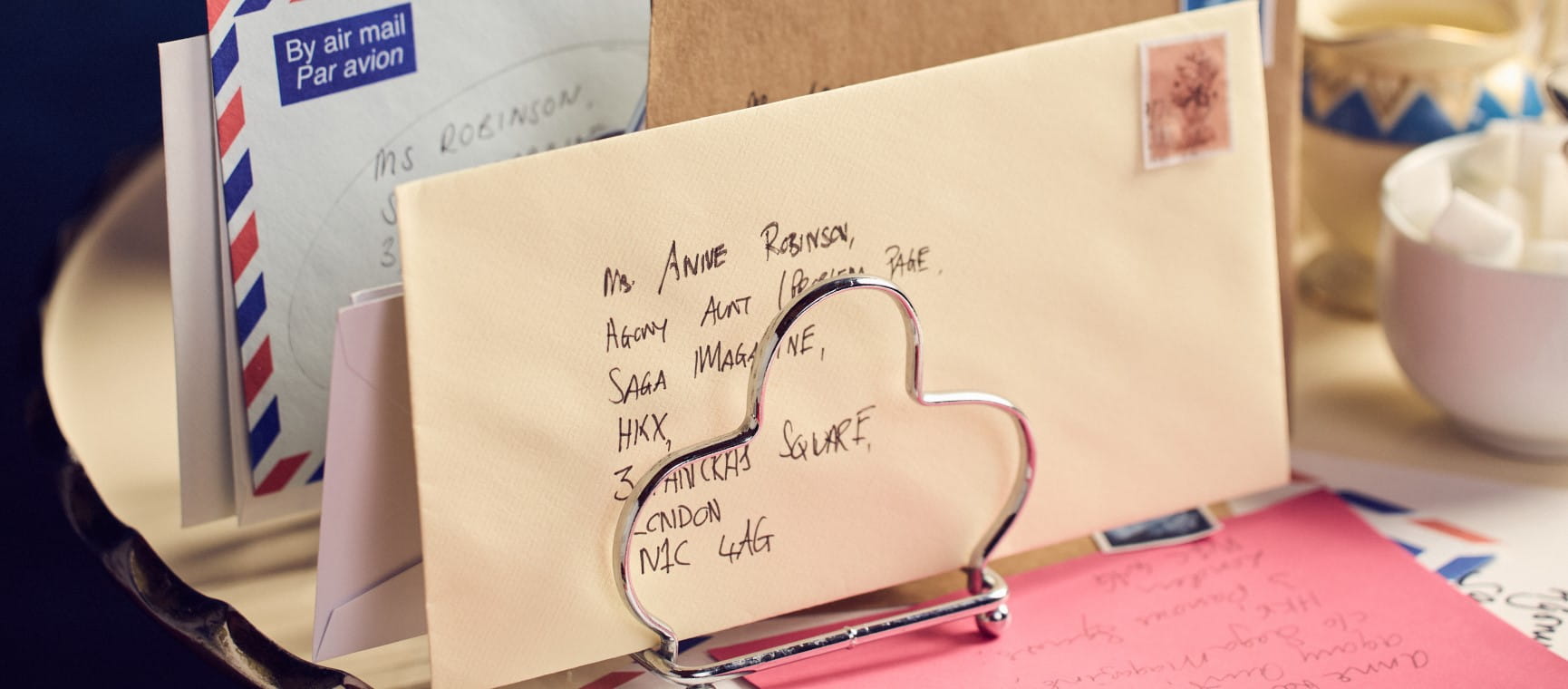

I’d love to be "matutinal". This medieval word describes someone who rises early and is immediately bright-eyed and bushy-tailed. As it is, I am entirely in agreement with the writer Glen Cook, who has declared that "morning is wonderful. The only drawback is that it comes at such an inconvenient time of day".
Recently I have been collecting words that describe the joys of waking early, and they have inspired in me a new determination to embrace the small hours. I thought that this month I might share them with you in the hope of doing the same.
Unless, that is, you are already a dawn convert and not, like me, a little "crumpsy" first thing – tired, irritable, and more than a little creased. It turns out there is plenty of vocabulary to cater for this side of things too.
I’ll start with the positives. There is something intensely restorative about getting up before anyone else and savouring a moment of quiet contemplation. In Lebanese Arabic, this is known as soubhiyé, which encompasses a particular moment of private pleasure.
In Sweden they have taken it one step further with gökotta, the act of getting up early expressly to tune into the dawn chorus. Its literal meaning is "early morning cuckoo".
A prerequisite for such enjoyment for many of us is coffee.
I am grateful to whomever decided to invent the word "procaffeinate", which means to put everything on hold until you’ve had sufficient levels of caffeine.
Of course, once you do summon the energy to rise, you might look back longingly at the "staddle" left on your sheets. Fear not though, for this is simply an old dialect word for the imprint left behind after something has been removed: in this case the human body.
If you do allow yourself the luxury of staying in bed long after you should be up, then say hello to the Scots expression "hurkle-durkling", whose very sound dismisses any lingering guilt. And what better way to hurkle-durkle than with a spot of "pandiculating": uttering a loud yawn while having a good stretch.
Of course, morning can induce a sense of melancholy in many of us, especially in the hours before dawn. There is reassurance in the fact that generations before us felt just the same, for Old English contains the word uhtceare: "pre-dawn anxiety". Pronounced oocht-kay-ara, this is the acute onset of worrying in the small hours, when catastrophising reaches a crescendo and fears assume extreme proportions before falling back into perspective as dawn breaks.
Much less severe is matutolypea, a Greek and Latin confection meaning "morning grief". Rather than the loneliness felt at cockcrow, however, this is the extreme funk you experience at having to be awake at all. Matutolypea tends to linger as you traipse to the kettle, particularly if you encounter a "gigglemug" along the way – a person who is relentlessly cheerful and therefore ruins your day.
The next hour or so will often be dedicated to "spuddling": working superficially until sufficient amounts of coffee have percolated through the body.
Or, worse, ‘quiddling’, which involves paying attention to trivial matters as a way of avoiding important ones. By this time any glance at the clock might induce a "fit of the clevers": 19th-century speak for a feverish burst of activity when you suddenly notice the time.
I confess a little too much of this applies to my own approach to mornings, and I am determined to do better. As a lover of birdsong (and we definitely need a word for that), I am going to start by welcoming the loud sparrows chirruping outside my window rather than cursing them for waking me. Who knows, I might even turn into a gigglemug in the process.

Find out about special interest holidays here...
On Saga’s archaeology holidays, you'll explore artefacts from early European civilisations as expert hosts share stories of famous archaeological sites – along with a few hidden gems.

Every issue of Saga Magazine is packed with inspirational real-life stories, exclusive celebrity interviews, brain-teasing puzzles and travel inspiration. Plus, expert advice on everything from health and finance to home improvements, to help you enjoy life to the full.

The ultimate guide to Saga Puzzles, full of technical tips, tricks and hints.

With the start of the new financial year on 6 April, our money expert explains the changes to your pension, benefits and taxes.





